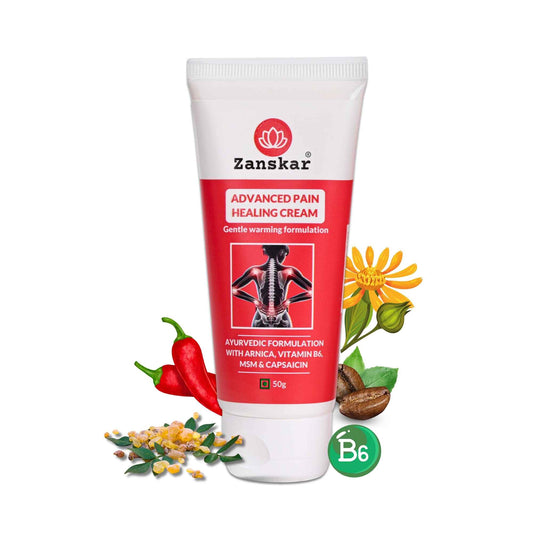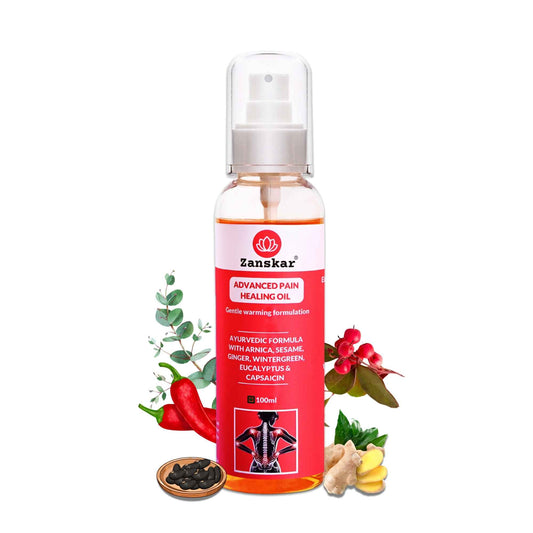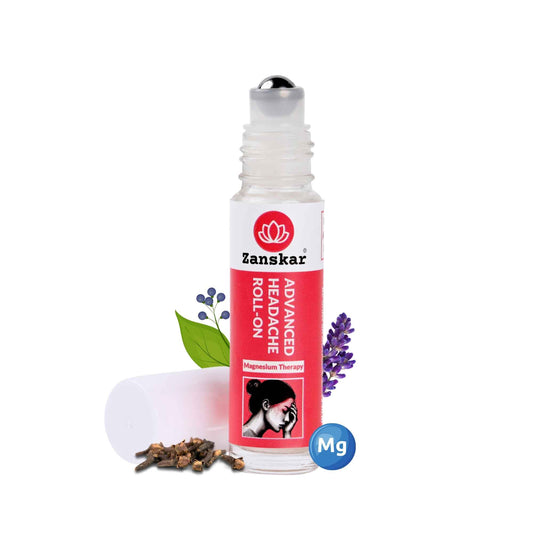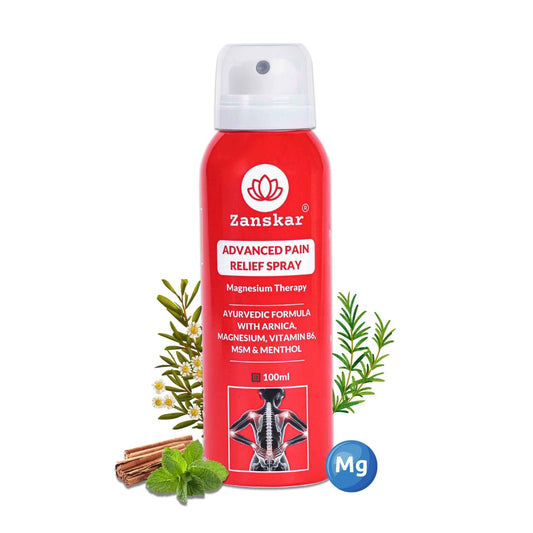
Avascular Necrosis (Osteonecrosis): What is it and why is it on the rise post covid?
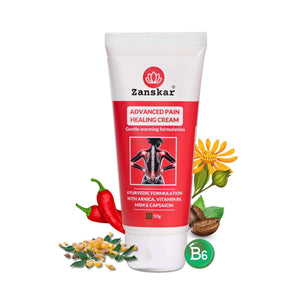
How is avascular necrosis diagnosed?
When you go for diagnosis, your orthopedist will conduct a physical exam, checking for tender spots by pressing your joints. He will also move your joints in different positions to see the range of motion. Further, he may ask you to undergo a few tests to find the root cause of your pain:
- X-rays
- CT scan and MRI
- Bone scan
What are the treatment options for avascular necrosis?
The doctor will focus on easing the pain, improving the joint, and stopping further bone damage. Your treatment will depend on various factors, such as:
- Cause of avascular necrosis
- Stage of the condition
- Location of the affected bone
- Degree of bone damage
- Your age
If the condition is detected early, your treatment will include taking medications and minimizing the use of the affected area. You may have to use crutches if your hip, ankle, or knee is affected to avoid putting weight on the damaged joint. Your doctor may ask you to exercise to keep your joints mobile.
Medications
If there is an underlying cause for your avascular necrosis, your doctor may prescribe medications to manage and treat it. They include:
- Pain Relief Gels: They help ease the pain
- Blood thinners: If the cause of avascular necrosis is blood clots, then blood thinners are prescribed.
- Cholesterol drugs: These medicines help reduce the cholesterol level and fat in your blood, thereby preventing blockages that can result in avascular necrosis.
Rise Post Covid
Orthopaedic surgeons are seeing a rise in AVN recently in Covid-19 patients treated with steroids. Another reason is that since the clotting tendency of the body generally increases due to Covid, the blood supply to some areas stops in some patients who have also taken steroids.
Dr Kailash Patil, arthroscopy and joint replacement surgeon at Sancheti Hospital, stated there is a significant rise in the number of patients coming with AVN, majorly the surge is due to steroids used during their treatment in the pandemic.
Prevention
To reduce the risk of avascular necrosis and improve general health:
- Limit alcohol. Heavy drinking is one of the top risk factors for developing avascular necrosis.
- Keep cholesterol levels low. Tiny bits of fat are the most common substance blocking blood supply to bones.
- Monitor steroid use. Make sure your health care provider knows about your past or present use of high-dose steroids. Steroid-related bone damage appears to worsen with repeated courses of high-dose steroids.
- Don't smoke. Smoking narrows blood vessels, which can reduce blood flow.
Learn More About Zanskar Health
If you have joint or muscle pain that makes it hard to move, Zanskar offers the most advanced full stack pain relief solutions for you.
Now available to purchase, Zanskar® Advanced Pain Care Products have a unique formulation of natural bioactive ingredients and provide lasting relief from muscle and joint discomfort that you can feel good about. Get your fix before stocks run out - buy now.
You can also gain access to therapeutic exercises and stretches for your condition by downloading the Zanskar Health physiotherapy mobile app. Additionally, you’ll have a personal care team to guide, support, and tailor our program to you, including behavioral and nutritional coaching.
Download our mobile app here 👉 download and track your exercise streak.
Medical Review: This article is written by Dr Nishtha Mittal (Senior Health Content Editor at Zanskar Health) and has been medically reviewed by the medical team at Zanskar Health. This article and its contents are provided for educational and informational purposes only and do not constitute medical advice or professional services specific to you or your medical condition.




